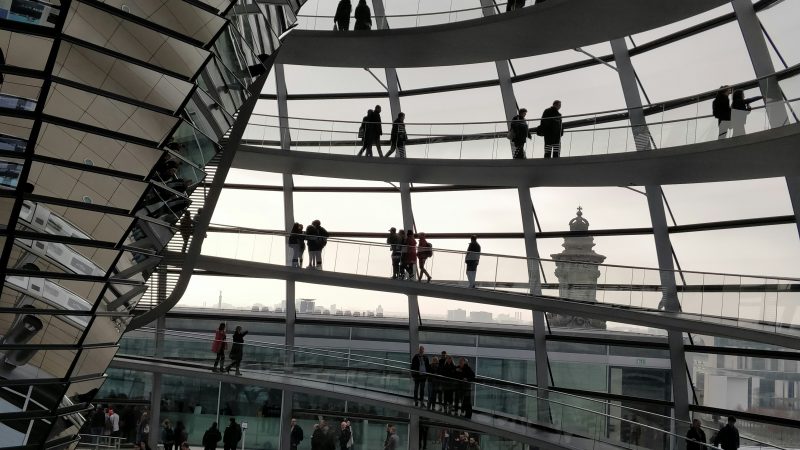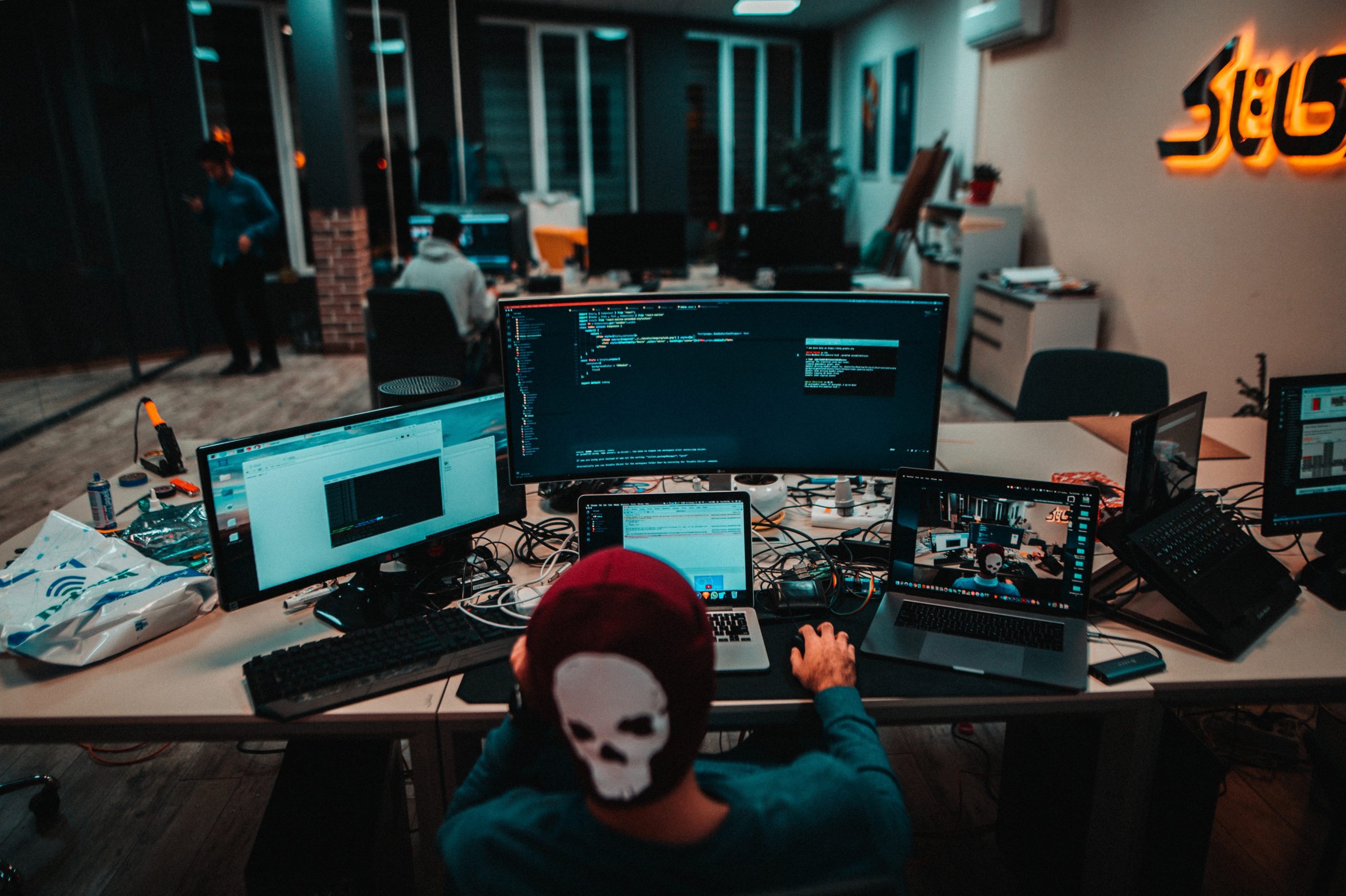Cooperate Or Die – why politics will be more transparent, fluid and inclusive

10 Theses for Change in Defense – Part 7: Politics will become efficient and quick
Over the past years, politicians well understood that given policy frameworks aren’t able to cope with the speed of innovation. Because of this, there will be soon political developments that enable laws and regulations proceedings that are able to hold the pace. This may happen via AI that is automatically developing regulations for so far unknown technological processes. Or may it be, that laws and regulations will not any longer try to define every specific detail but to raise some very basic principles. And these general rules have to be fulfilled by the market participants. They have then the ability and the obligation to define the details.
Building up ad-hoc consortia to advise politics
This has also its impacts on given lobbying structures. It will no longer be the case that interest groups will determine how politics is going to be made. It will be the technology itself. In every regulation there is an in itself lying demand to find a save and secure market environment. This to be implemented and not harming other groups or individuals rights and lives is an interest everyone has. Because this, very concrete steps towards are the increasing role of scientific advisors. And administration and politics is trusting more and more in ad-hoc consortia and decision-making bodies like committees. These are consisting of an individually and case-to-case composed group of stakeholders which aren’t democratically mandated but are consulted due to their knowledge in a specific field of interest.
Increasing role of non-state-actors
Politicians are no longer decision makers. But they are moderators. They are steering a process on an individual and ad-hoc basis. Thus, they are able to quickly react on latest developments. Non-state-actors are becoming more decisive in this. Their role will develop from a contributor of a political process to an enabler and designer of new politics. We have seen this during the Corona pandemic where those countries had an advantage which followed the scientist’s advice soon and which where able to deal out leveraged agreements. Here, they had to collaborate with non-state-actors like companies that produce the vaccine. As a result, this is a role model which will be implemented in other areas, too – the „Great reset“ (as Schwab called it) will firstly take place here.
Part 8 coming soon: Liquid coalitions between state-actors, business and research will lead to an multilateral and interdisciplinary framework instead of inflexible laws and regulations.






